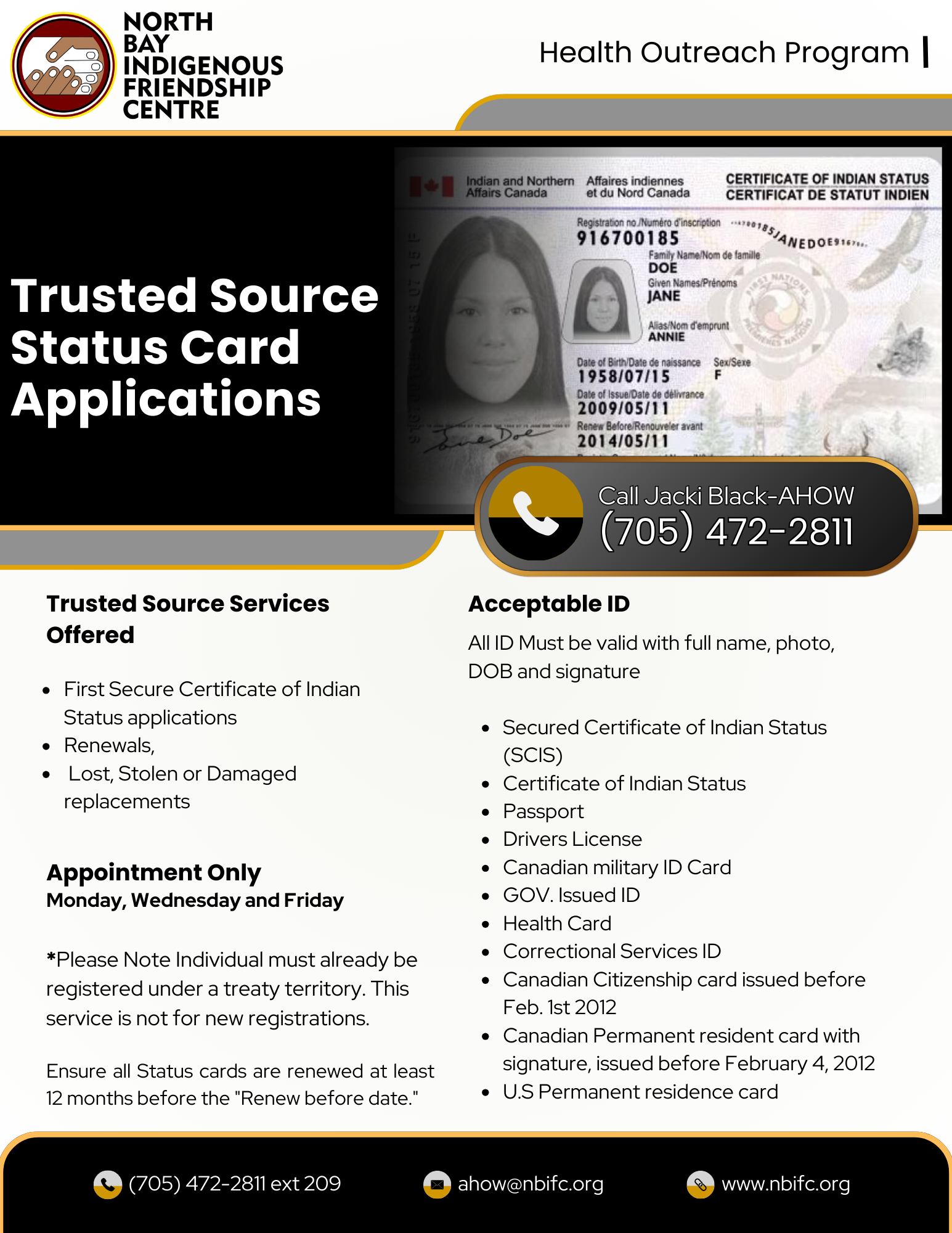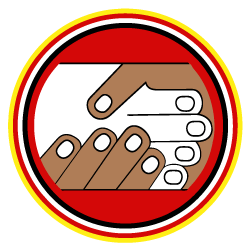The Health Outreach Program combines traditional and mainstream programs and services for the benefit of urban Indigenous communities. The program worker offers peer counselling, crisis intervention, and traditional and cultural supports to direct-service users, but also provide advocacy and systems navigation to ensure equitable access to primary healthcare providers.
One-to-one Service Activities:
- Peer counselling
- Assisting direct-service users to access services related to improving Indigenous health and reducing family violence
- Advocate for Indigenous individuals and families requiring support
- Crisis Intervention
- Referrals
- Traditional and cultural support
- Safety planning with clients, their children, and their families when applicable
- Organize and facilitate health promotion and illness prevention activities and events
Community Service Activities:
- Workshops
- Presentations
- Events
- Circles and group work
- Traditional and cultural activitiesFitnesséRecreational activities
Outcomes of the Program:
- Urban Indigenous people gain increased access to primary healthcare services and referrals
- Urban Indigenous people gain increased access to supports needs, including addictions services, shelters, court workers, traditional knowledge holders, legal supports etc.
- Health Outreach provide crisis intervention, advocacy, and peer counselling supports
- Clients and their families develop safety plans towards removing themselves from violent situations
- Urban Indigenous community members improve their capacity to maintain healthy lifestyles and prevent negative health outcomes through education, improved access to resources, and healthier daily routines
- Health Outreach collaborate effectively with other programs to ensure integration leads to positive outcomes for clients and their families
- Advocacy and outreach to relevant external partners leads to improved understanding of systemic racism, intergenerational trauma, and the unique values and needs of urban Indigenous communities, as reflected through partnerships between NBIFC and external partners
- Urban Indigenous people secure equitable safe, and culturally competent access to primary health and healing services
Trusted Service:

Email: ahow@nbifc.org
Phone: 705-472-2811 Ext: 209
